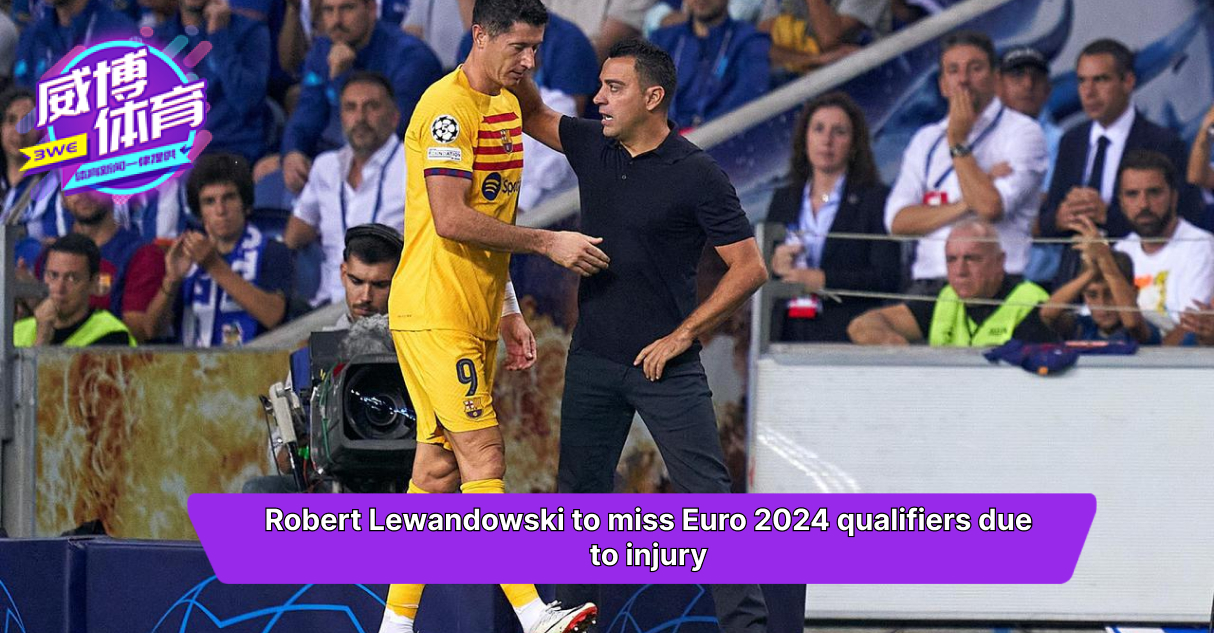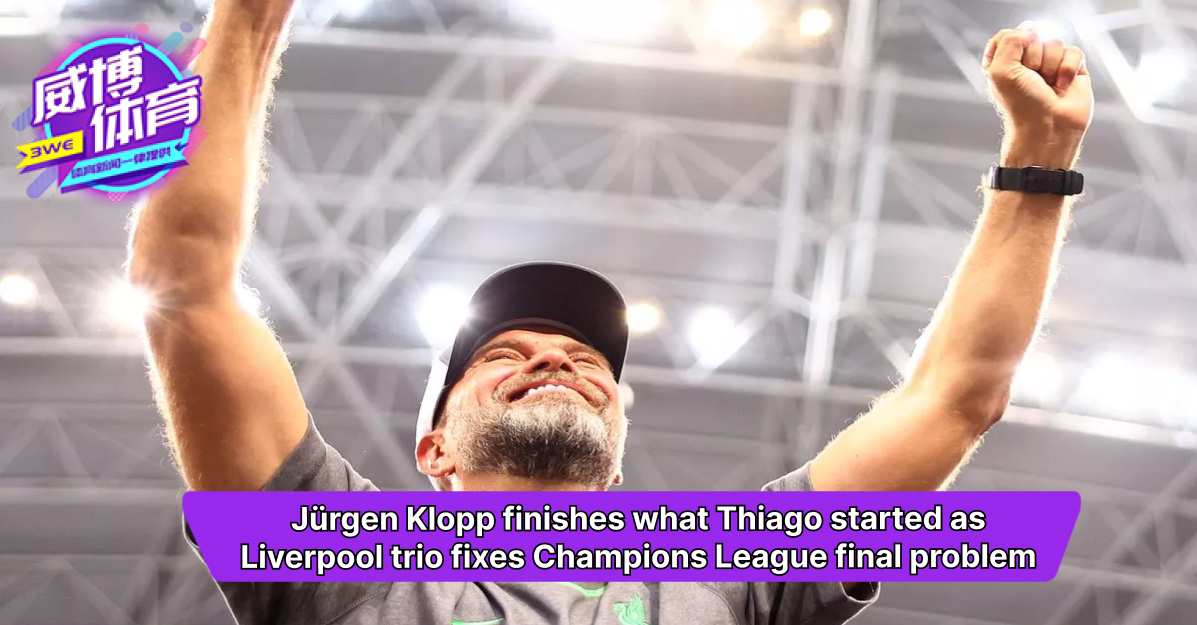Why Tottenham can’t win major trophies and what needs to change

Tottenham‘s image as a club has drastically changed in the past decade, which has seen the club enjoy a meteoric rise. Although they qualified for the Champions League in 2010 and had future world-class players on their team (Luka Modrić, Gareth Bale, Dimitar Berbatov, etc), the perception around Tottenham was much different than what it currently is.
Back then, Spurs were only known as a UEFA/Europa League team and not even taken into consideration for Champions League positions. Players viewed the club as a stepping stone to signing for bigger teams as Tottenham had been known for developing elite players and then making a profit off them.
However, Tottenham’s fortunes began to change in the 2014/2015 season when the team was in a transitional period and searched for a manager that had an attacking style of play, but could also develop academy/up-and-coming players.
That manager came in the form of Mauricio Pochettino who turned Tottenham into Champions League regulars, finished ahead of Arsenal in 3 of his 5 full seasons in charge (Tottenham hadn’t previously finished ahead of Arsenal since the 1994/1995 season, which became known as St. Totteringham’s Day), and even reached the Champions League in 2019.
Additionally, he turned the likes of Harry Kane, Christian Eriksen, Kyle Walker, and many more into some of the best players on the planet.
Despite Pochettino’s remarkable work, Tottenham failed to win any trophies under his guidance and would later part ways with the Argentine in 2019 as the board sought to bring in a trophy-winning manager to change the team’s mindset.
Even though Tottenham signed José Mourinho and Antonio Conte, the team still couldn’t break their long trophy drought with neither manager completing a full season. Interestingly, Conte would be sacked by Tottenham after a 3-3 draw to Southampton where he went on an infamous rant blaming the team’s weak mentality on the club’s lack of ambition.
Although this era has arguably been one of Tottenham’s best periods in its history, it still remains a mystery as to how the club wasn’t able to win anything. Meanwhile, it’s safe to say that the past decade hasn’t been Arsenal’s best period (even becoming known as ‘Spineless Arsenal’), yet still managed to win 3 FA Cup titles since 2014.
Tottenham’s board was patient with Pochettino, they developed and kept many of their world-class players, and then brought in some of the most proven managers in the game, but still failed to get over that final hurdle to claim any sort of trophy. All this leaves one conclusion:
It’s not a team thing, it’s a club thing
In other words, it’s not down to the players or even the manager, it’s because of Tottenham’s hierarchy. While a lot gets put on the manager and players, a club’s hierarchy dictates the team’s expectations for the upcoming season. Whatever the expectations are, the club will then make signings and pay bonuses that are in line with what the hierarchy wants to achieve.
When they are conveyed to the manager, he will then spread that to the team and plan the season in accordance with the club’s expectations. This is even more significant when you have a good, but still unproven manager, and a group of young players who will listen and seek to achieve the precise objectives that the hierarchy asks of them to pursue.
Since Tottenham’s expectation was to qualify for the Champions League, Pochettino prioritize league play above all and didn’t take any cup competition much into consideration.
However, even when the team surpassed those expectations, the hierarchy continued to plan around Champions League qualification, which then created a sense of comfort amongst the players who knew that winning a title wasn’t a priority. Furthermore, when a group of young players are drilled with a mindset that Champions League qualification is more important than winning a trophy, it then becomes extremely difficult to change that dynamic regardless of how elite the manager is.
To the point that Tottenham did precisely that as they brought in José Mourinho and Antonio Conte to finally break that trophy drought, yet neither could win any sort of title.
In fact, the moment that best reflects the Tottenham hierarchy is what they did before the 2021 Carabao Cup final. Under Mourinho’s guidance, the team made it to the Carabao Cup final where they would take on Manchester City.
However, despite having a proven winner at the helm, the club still decided to sack him less than a week before the final, which they would eventually lose by a 1-0 scoreline.
While Tottenham didn’t have a good league campaign that season (though it was during the COVID pandemic) and were eliminated in the Europa League by Dinamo Zagreb, this was Tottenham’s best opportunity to finally win a trophy; yet the board chose to sack the manager a week before and ruined any possibilities of winning it.
Interestingly, Mourinho would then sign the following season with AS Roma (a side that had never won a continental competition) and made an instant impact by winning the first edition of the Europa Conference League.
Meanwhile, Tottenham would also take part in that same Conference League edition but failed to even get out of their group (though one of their games was forfeited due to an excess amount of players getting COVID).
What needs to change?
While Spurs currently find themselves in a bit of chaos after the sacking of Antonio Conte and FIFA’s ban of Fabio Paratici (Tottenham’s former sporting director), this moment also presents a unique opportunity for the hierarchy to learn from their mistakes and change the club’s expectations.
With many of Tottenham’s core players aging and/or running down their contracts (which could see many of them leave the club in the next transfer window), the next manager will find himself in the same situation that Pochettino was in 2014 with needing to develop young players.
While the club will undoubtedly want a manager with an attacking style of play and that can work with developing academy/up-and-coming players, they should also be looking for a manager who can change the team’s mindset and instill a toughness that Tottenham have historically lacked. For that, the hierarchy should be searching for managers who are not only doing a good job, but that are getting their teams to punch way above their weight; whether it’s winning a title or simply getting an average side to be fighting for Champions League qualification. Which managers should Tottenham be looking at that can fill these criteria?
Julian Nagelsmann: Despite his bad experience at Bayern München, his previous work with at TSG 1899 Hoffenheim (took them twice to the Champions League) and RB Leipzig (Bundesliga challengers and made the semifinals of the Champions League) should not be forgotten.
Rúben Amorim: Made Sporting CP league champions for the first time since the 2001/2002 season.
Arne Slot: Took them to the Europa Conference League final in 2022 and is on the verge of winning the Eredivisie with Feyenoord in a league that is dominated by either Ajax or PSV Eindhoven.
Roberto De Zerbi: Has Brighton & Hove Albion punching way above their weight.
Thomas Frank: Promoted Brentford and has them now fighting for Europa League positions.
In terms of players, Tottenham shouldn’t only focus on talent, but also looking for players who have fight and grit. Tottenham players have at times have been known for being too nice (as mentioned by José Mourinho in Tottenham’s ‘All or Nothing’ documentary) and not having that fight that championship teams generally have; something which the hierarchy needs to change. They don’t need to bring in a whole squad of gritty players, but a few of them to spread their fight and determination onto the team.
In fact, they already have some players with that grit on the current squad in Cristian Romero (World Cup winner) and Rodrigo Bentancur. As the team develops, players such as a Romero and Bentancur (along with some other signings) can play a critical role in changing the team’s mindset in fighting for titles in the important moments of the season.
Tottenham’s hierarchy can set Champions League qualification as the initial goal, but then they will need to raise those expectations once they see that the team is surpassing them and can aspire to bigger things. Next season might be a transitional period for Tottenham, but it doesn’t mean that it can’t be the first step to a brighter trophy-winning future that the fans are desperately wanting.





